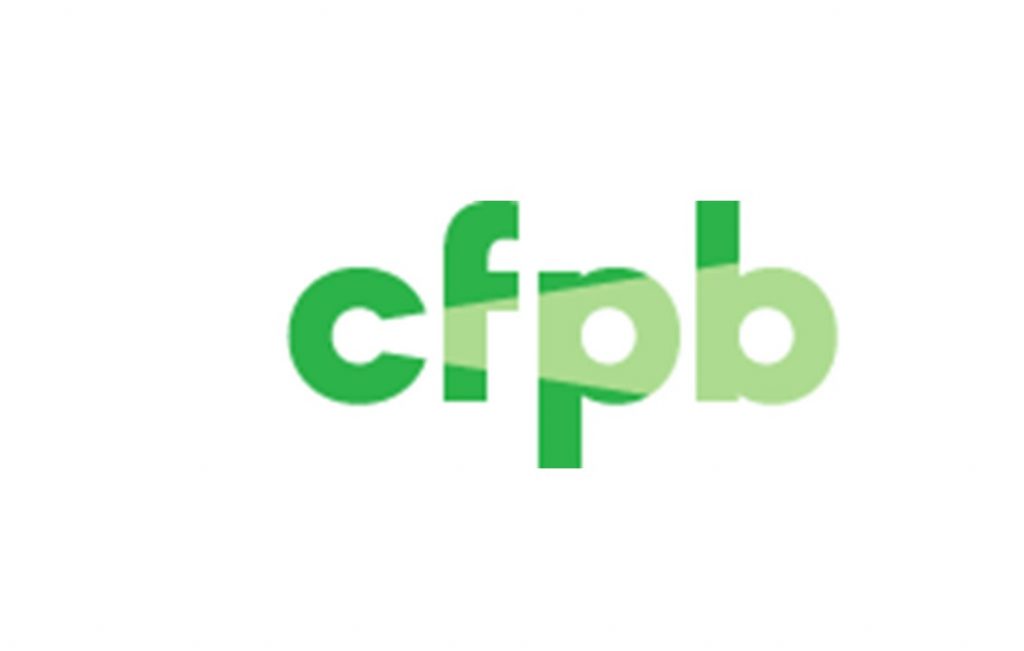
| Entities | |
| Topics and Issues | Disputes (45) |
In November 2022, the CFPB issued a press release announcing “a circular to affirm that neither consumer reporting companies nor information furnishers can skirt dispute investigation requirements. The circular outlines how federal and state consumer protection enforcers, including regulators and attorneys general, can bring claims against companies that fail to investigate and resolve consumer report disputes. The CFPB has found that consumer reporting companies and some furnishers have failed to conduct reasonable investigations of consumer disputes and to spend the time necessary to get to the bottom of inaccuracies. These failures can affect, among other things, people’s eligibility for loans and interest rates, for insurance, and for rental housing and employment.”
The release adds that the
CFPB’s supervisory exams suggest that consumer reporting companies do not always live up to their investigatory responsibilities. In some cases, the CFPB found consumer reporting companies ignored the results of their investigations and simply deleted disputed tradelines instead of correcting inaccurate information. Consumer complaints received by the CFPB highlight similar problems. In fact, inaccurate information and failures to investigate are the two most common consumer reporting complaints received by the CFPB.
Consumer reporting companies are required to investigate all disputes that are not frivolous or irrelevant. Consumer reporting companies and furnishers may be liable under the Fair Credit Reporting Act if they fail to investigate relevant disputes, and claims can be pursued by both state and federal consumer protection enforcers and regulators. Specific responsibilities for the investigations include:
-
- Consumer reporting companies must promptly provide to the furnisher all relevant information regarding a person’s dispute: After a person disputes the accuracy or completeness of information in their file, the consumer reporting company must notify the entity that originally furnished the information within five business days. In addition, the consumer reporting company must give the furnisher all relevant information provided by the individual.
- Consumer reporting companies and furnishers may not limit a person’s dispute rights: Consumer reporting companies and furnishers must reasonably investigate disputes received directly from individuals. For furnishers, they must reasonably investigate all indirect disputes received from consumer reporting companies. These requirements remain in place even if a person does not include or use the entity’s preferred format, intake forms, or documentation.
Consumer Financial Protection Circulars are, according to the Bureau, “intended to promote consistency in approach across the various federal and state enforcement agencies and regulators. They are also intended to provide transparency to partner agencies regarding the CFPB’s intended approach when cooperating in enforcement actions. The circulars provide background information about applicable law, articulate considerations relevant to the CFPB’s exercise of its authorities, and, in the interest of maintaining consistency, advise other parties with authority to enforce federal consumer financial protection law.”
The circular, Consumer Financial Protection Circular 2022-07, Reasonable investigation of consumer reporting disputes, posed two questions and responses:
1.
Question: Are consumer reporting agencies and the entities that furnish information to them (furnishers) permitted under the Fair Credit Reporting Act (FCRA) to impose obstacles that deter submission of disputes?’
Answer. No. Consumer reporting agencies and furnishers are liable under the FCRA if they fail to investigate any dispute that meets the statutory and regulatory requirements, as described in more detail below. Enforcers may bring claims if consumer reporting agencies and furnishers limit consumers’ dispute rights by requiring any specific format or requiring any specific attachment such as a copy of a police report or consumer report beyond what the statute and regulations permit.
2.
Question: Do consumer reporting agencies need to forward to furnishers consumer-provided documents attached to a dispute?
Answer: It depends. Enforcers may bring a claim if a consumer reporting agency fails to promptly provide to the furnisher “all relevant information” regarding the dispute that the consumer reporting agency receives from the consumer. While there is not an affirmative requirement to specifically provide original copies of documentation submitted by consumers, it would be difficult for a consumer reporting agency to prove they provided all relevant information if they fail to forward even an electronic image of documents that constitute a primary source of evidence. [citation omitted].
The circular then goes on to offer background and analysis.